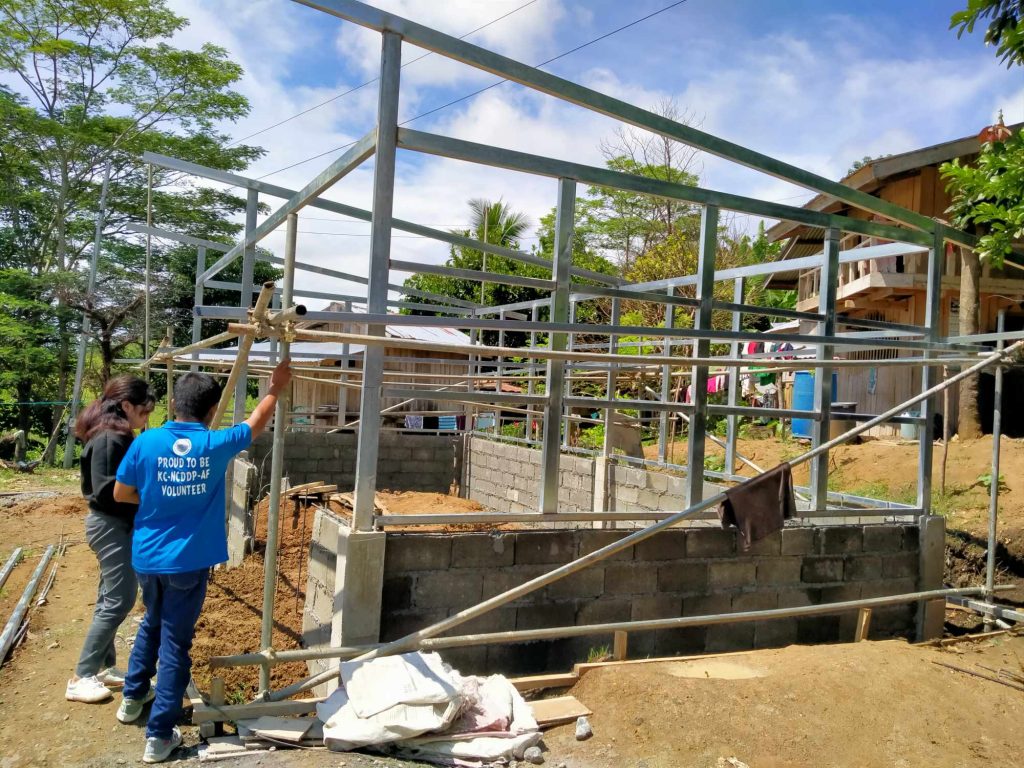
DSWD Field Office X is seeing 1,402 community-driven infrastructures completed in 48 target municipalities of Northern Mindanao. The Kapit-Bisig Laban sa Kahirapan Comprehensive and Integrated Delivery of Social Services National Community-Driven Development Program (KALAHI-CIDSS NCDDP) additional financing is at 98.29% physical accomplishment before its closing in June.
In Northern Mindanao, improving road conditions remains the top priority of communities. Common projects also include daycare centers, solar street lights, isolation facilities, flood control projects, pre and post-harvest facilities, sanitary toilets, health stations, among others.
KALAHI-CIDSS empowers local communities to identify and implement the projects they most need. It uses the Community-Driven Development (CDD) approach that gives poor communities control over decision-making and resources to address local concerns.
Region X records nearly 25,000 community volunteers (CV) engaged in subproject management from planning, implementation, and monitoring.
More than infrastructures, the program has delivered significant impacts on socio-economic, social capital, and good governance.
In a speech during the KALAHI-CIDSS 20th anniversary celebration in Manila, Ditte Fallasen from The World Bank challenged CVs to continue advocating for their communities.
“Make sure that your priority needs are reflected in municipal development planning; that the funding set aside for development activities will reflect the real needs on the ground.”
KALAHI-CIDSS advocates for local CDD adoption in LGUs to facilitate a more participatory local planning process.
DSWD Field Office X has a total grant allocation of 935 million with 101 million cash counterparts from partner local government units. KALAHI-CIDSS explores a follow-on project to improve the resiliency of poor and vulnerable communities to climate change. The intervention includes building climate-smart structures that protect communities against the perils of climate change while also promoting sustainable livelihood.


